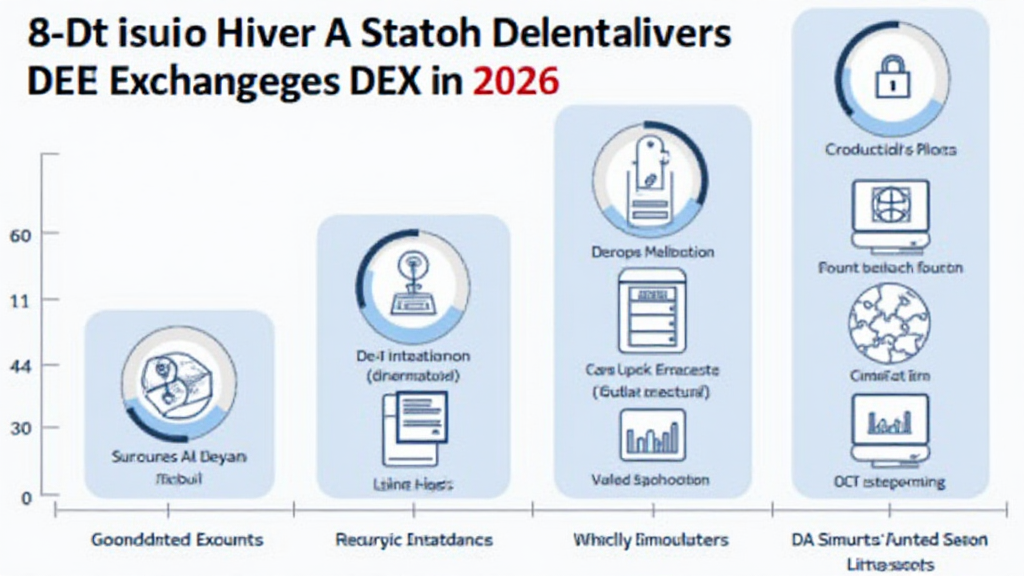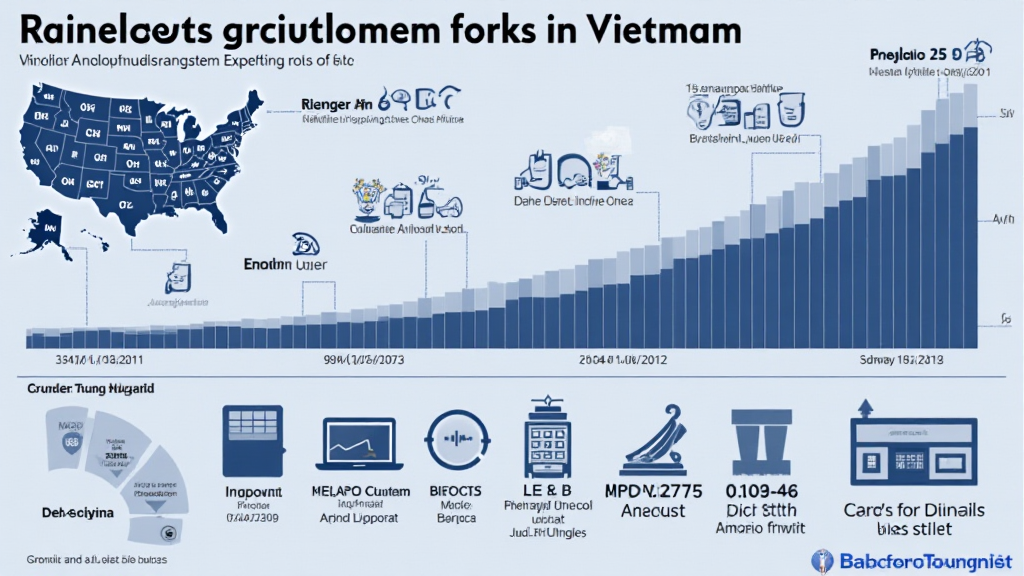Introduction to Vietnam’s Crypto Real Estate Loans
With the increasing popularity of cryptocurrency and blockchain technology, Vietnam is witnessing a notable shift in how real estate transactions are conducted. The country has seen a significant uptick in crypto adoption, with over 35% of the population reportedly engaging in some form of cryptocurrency investment. As cryptocurrency gains more traction, the concept of using crypto for real estate loans in Vietnam is becoming an exciting frontier.
This article delves into the implications of Vietnam’s crypto real estate loans, discussing their benefits, risks, and the regulatory landscape surrounding them. Let’s break it down further.
The Rise of Crypto in Vietnamese Real Estate
Over the last few years, the Vietnamese real estate market has experienced explosive growth, with projected market value growth of 10% annually until 2025. As the government begins to embrace blockchain technology, real estate transactions are becoming more streamlined and efficient. This shift opens up opportunities for crypto-based loans that can potentially revolutionize property financing in Vietnam.

Understanding Crypto Real Estate Loans
Crypto real estate loans allow individuals to leverage their cryptocurrency assets to secure financing for real estate purchases. Instead of a traditional mortgage, borrowers can collateralize their digital assets to obtain a loan in local currency or stablecoins. Here’s a comparison of how these loans operate:
- Collateralization: Borrowers use their crypto holdings as collateral, similar to how banks may require home equity for loans.
- Flexibility: Transactions are faster and can be completed outside banking hours, appealing to tech-savvy investors.
- Access: Individuals who may not qualify for conventional loans can potentially access financing through crypto loans.
Benefits of Using Crypto for Real Estate Loans
Adopting crypto real estate loans offers several advantages:
- Security: With blockchain’s inherent transparency and immutability, transactions reduce the risk of fraud.
- Financial Inclusion: Cryptocurrencies offer financial services to those without access to traditional banking systems.
- Market Prices: Crypto prices can be highly volatile, but they also offer significant gains that could lead to increased loan amounts.
The Regulatory Landscape in Vietnam
The regulatory environment in Vietnam is evolving, with the government actively considering frameworks for cryptocurrencies and blockchain technologies. Currently, the Tiêu chuẩn An Ninh Blockchain (Blockchain Security Standards) are being proposed to address security concerns within the crypto space.
The government’s approach towards crypto has varied, with some periods of strict regulations and others encouraging innovation. As of 2023, the government aims to create regulatory conditions that will support the growth of blockchain applications.
Current Challenges and Concerns
While there are numerous benefits to crypto real estate loans, several challenges must be addressed:
- Volatility: The unpredictable nature of cryptocurrencies can pose risks for both lenders and borrowers.
- Legal Clarity: Lack of clear legislation can deter potential investors from engaging in crypto real estate loans.
- Adoption Rate: Despite the growing interest, many individuals remain unfamiliar with cryptocurrency, which may hinder market growth.
Real-World Applications and Case Studies
A few emerging platforms in Vietnam are piloting crypto real estate loans. For instance, a leading blockchain technology firm has recently partnered with local real estate developers to offer crypto-backed loans for purchasing apartments in Ho Chi Minh City. This collaboration aims to target young investors looking to diversify their portfolios.
Statistics indicate that the number of crypto wallets in Vietnam has skyrocketed, from approximately 2 million in 2020 to over 6 million in 2023. Such growth indicates a rising acceptance of cryptocurrencies and their potential role in real estate transactions.
How to Ensure Security in Crypto Loans
To mitigate the risks associated with crypto real estate loans, borrowers should adhere to stringent security measures:
- Use Reputable Platforms: Opt for well-established platforms that offer robust security protocols.
- Smart Contracts: Leverage smart contracts to automate processes and minimize human error.
- Continuous Learning: Stay informed about market trends and security practices to make educated decisions.
Looking Ahead: The Future of Crypto Real Estate Loans in Vietnam
Experts predict that as blockchain technology continues to mature, crypto real estate loans will become increasingly mainstream in Vietnam. The local government’s supportive stance on blockchain can potentially pave the way for broader acceptance of this financing method.
By 2025, industry analysts estimate that up to 20% of real estate transactions could involve cryptocurrency. This could not only enhance market liquidity but also democratize access to property ownership across the nation.
Conclusion: Embracing a New Era in Real Estate Financing
As the crypto landscape evolves, Vietnam’s real estate market stands at the cusp of a significant transformation. Embracing crypto real estate loans could provide innovative solutions to address current financing challenges, ultimately enhancing the nation’s property market.
To explore more about how crypto influences various sectors, including real estate, visit cryptocoinnewstoday.





